What Are the Best Hearing Aids for Young Adults?
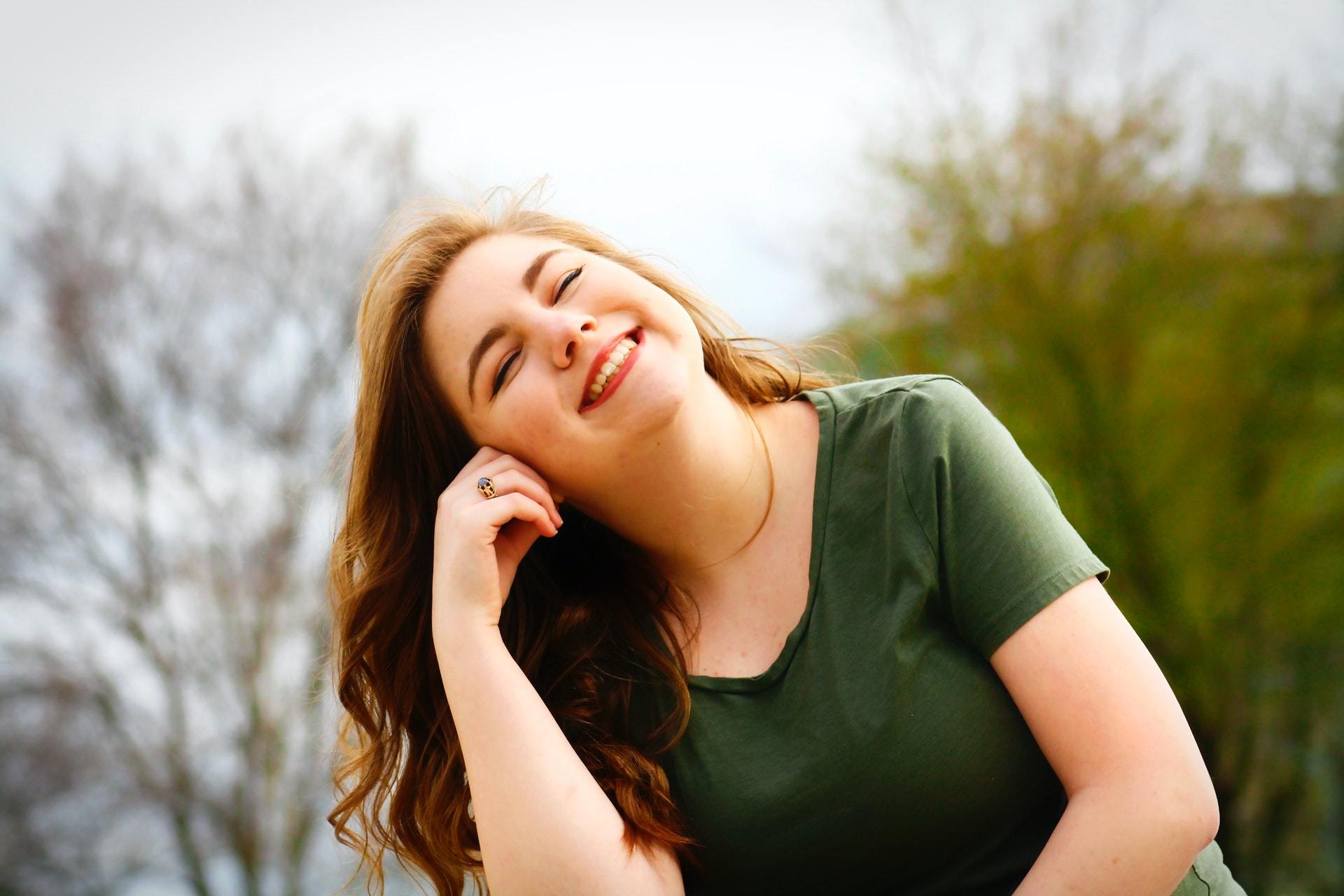
This article has been audited and reviewed by Dr. Ben Thompson, an audiologist and tinnitus expert. For more information about Dr. Thompson, click his name or read his bio below the article!
Whilst hearing loss is widely known to be prevalent in older adults, young adults can still be affected by hearing loss as a result of either congenital or acquired causes.
According to the Hearing Loss Association of America (HLAA), an estimated one in five American teens experience some degree of hearing loss, and undoubtedly, many could benefit from an assistive hearing device.
This article explores the increasing prevalence of hearing loss amongst young adults and the best hearing aids for this demographic.
Hearing Loss in Teens
Children, teenagers, and young adults have not typically been prone to suffer from hearing loss. However, there is a growing concern regarding the hearing health of this age group for one significant reason — young people are increasingly exposed to dangerous levels of noise on a daily basis.
Amongst 12 to 19-year-olds, some researchers estimate about 17 percent show evidence of noise-induced hearing loss in one or both ears.
This is for a few reasons. Most notably, young people’s common use of personal music devices, and a trend in youth favoring noisy leisure activities. Many young people also work in loud working environments and might feel less confident demanding sufficient hearing protection from their employer.
It seems that those in their youth also tend to experience subtle hearing damage which is not detected by pure-tone audiometry — the most common hearing test used by medical professionals. This helps explain how loud noise can damage hearing without showing up on a standard hearing test.
Why Hearing Loss Is Increasing in Young Adults (Noise-Induced Hearing Loss)

While hearing loss is a problem every generation faces, each generation faces its own and different conditions and variables. For over one billion young people (aged 12 – 35 years), one major threat to their hearing health comes from exposure to noise in recreational settings, such as music concerts and clubs.
Most amplified concerts exceed 100 decibels (dB) – over 30 dB what is considered the generally safe level of 70 dB. Researchers at the Manchester Centre for Audiology and Deafness advise that we shouldn’t be exposed to 100 dB for more than 15 minutes in an eight-hour-period without proper hearing protection.
As the effects of hearing damage (and particularly noise damage) aren’t usually experienced immediately but occur later in life, young people in particular are less inclined to think ahead and take precautions to protect their long-term hearing.
While unfortunate, many students or young professionals whose social lives revolve around parties, pubs, clubs, and music festivals are unlikely to avoid these activities in the name of preventing noise-induced hearing loss. Many simply aren’t willing to make social sacrifices to prevent a health condition they can’t imagine themselves experiencing the negative effects of anytime soon.
On the other hand, there are actions you can take now to safeguard your hearing. A survey shows that 90 percent of U.S. college students use personal music devices, and nearly half of these students listen to their music at a volume exceeding safety standards for occupational noise exposure. Simply turning down the volume when listening to your music could save your future ears from hearing loss.
Although young people are choosing to use these devices, when it comes to the damage caused, they aren’t completely at fault. Manufacturers aren’t obliged to cap volume controls at a safe level for hearing, and they often don’t. However, consumers are sometimes unaware of this fact and assume that if their music can be played at a given volume, it’s a safe volume.
How to Prevent Hearing Loss in Young Adults
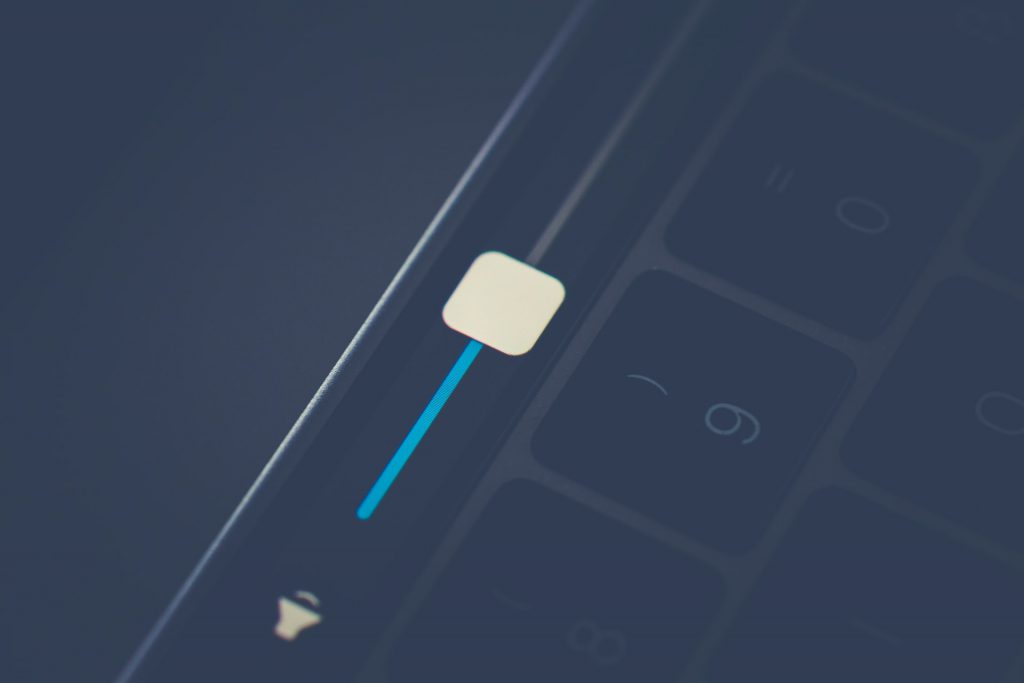
Interestingly, according to the WHO, 60 percent of childhood hearing loss is due to preventable causes. A significant percentage of these cases are likely to be instances of noise-induced hearing loss (NIHL), as this is one of the only causes of entirely preventable hearing loss.
When it comes to hearing loss, early prevention is key. It has profound effects on an individual’s ability to communicate as well as their social life, mental health, personal finances, and cognitive health. Noise-induced hearing loss is a serious and irreversible condition that should be avoided as much as possible.
The best way to prevent noise-induced hearing loss, young or old, is to take some simple precautions — avoid being exposed to loud noise, and if you are, try to stand away from the source and take a break at least every hour. Also, if you’re frequently around loud noise due to your profession or hobbies then earmuffs or earplugs will help to protect your ears.
Hearing damage doesn’t only result in hearing loss, either. It can manifest as tinnitus (a ringing or buzzing sound in the ears). Sometimes those symptoms can create hyperacusis (an overly heightened sensitivity to everyday sounds) as well.
Avoiding these situations is easier said than done, however. It’s especially problematic that this issue is compounded by the fact that the feeling of loud sounds vibrating through the body activates the pleasure centers of the brain and is one of the many reasons why people enjoy nightlife so much. Nevertheless, spreading awareness of the dangers of loud noise will at least get young people thinking about their own exposure, and the steps they can take to reduce their risk.
What to Look for in a Hearing Aid for Young Adults
There are lots of hearing aids for young adults. Whilst Behind-the-Ear (BTE) hearing aids are the best for children, teenagers and young adults might want to explore some other less noticeable options such as In-the-Ear (ITE), In-the-Canal (ITC), and Completely in the Canal (CIC) hearing aids. For children under 18 years old, hearing aids must be obtained through an audiologist.
If you have specific aesthetic or functionality preferences, share them with your audiologist. They’ll be able to direct you towards a hearing aid that suits both your hearing needs and personal taste. Remember — they’ll have years of experience choosing the best hearing aids for teens and young adults.
You might want to consider a Made-for-iPhone hearing aid, which allows you to access customizable features through an app on your iPhone or other Apple products. While extra tech can be off-putting for older hearing aid users, young adults who have been raised to be tech-savvy might find this feature appealing.
For adults with Mild to Moderate-Severe hearing loss, our Olive Pro is a hearing aid earbud designed to be affordable and attractive. With their sleek design, no one will suspect their usage as a hearing aid; especially when you use it to answer a call or listen to music like a normal Bluetooth earbud!
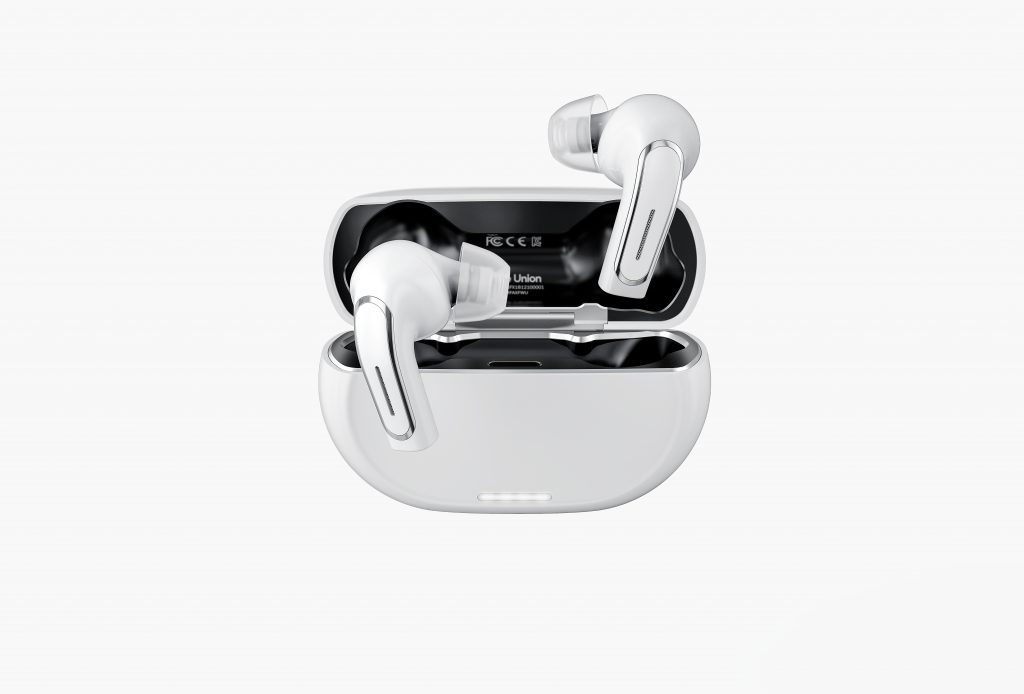
If you don’t have hearing loss, but sometimes find yourself experiencing mild difficulties (perhaps during your college lectures or at loud social gatherings), you might want to look at Personal Sound Amplification Products (PSAP) such as the Olive Smart Ear to amplify sound in your surroundings.
To find out more about hearing loss, check out our other blog articles.
Article edited by Dr. Ben Thompson – Au.D. (Audiologist)

Dr. Ben Thompson is an audiologist and tinnitus expert. Dr. Thompson is the founder of Treblehealth.com . He decided to specialize in tinnitus management because of his interests in mindfulness, music and psychology. He completed his residency at University of California at San Francisco (UCSF) and is a past board member of the California Academy of Audiology.
Via telehealth, Dr. Thompson provides tinnitus retraining therapy online. He hosts a YouTube channel, podcast, and tinnitus group coaching program to help individuals with hearing loss and tinnitus.
The information in this guide has been written using the following reliable sources:
www.who.int, https://journals.lww.com, https://theconversation.com/, https://www.chicagotribune.com, https://www.hearingloss.org/
The post What Are the Best Hearing Aids for Young Adults? appeared first on Olive Union.





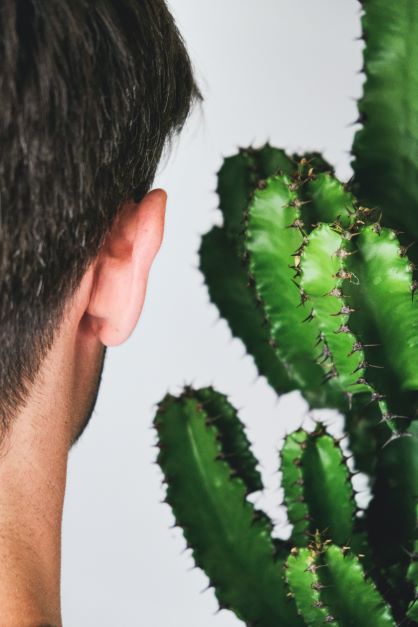 Everyone has had or dealt with dry skin at some point in their lives. It can be caused by the environment, allergens, lifestyle decisions, and many other varying factors and can be quite a nuisance to deal with, even painful. Similarly, the same can be said for dry ears. Similar to how skin produces oil […]
Everyone has had or dealt with dry skin at some point in their lives. It can be caused by the environment, allergens, lifestyle decisions, and many other varying factors and can be quite a nuisance to deal with, even painful. Similarly, the same can be said for dry ears. Similar to how skin produces oil […]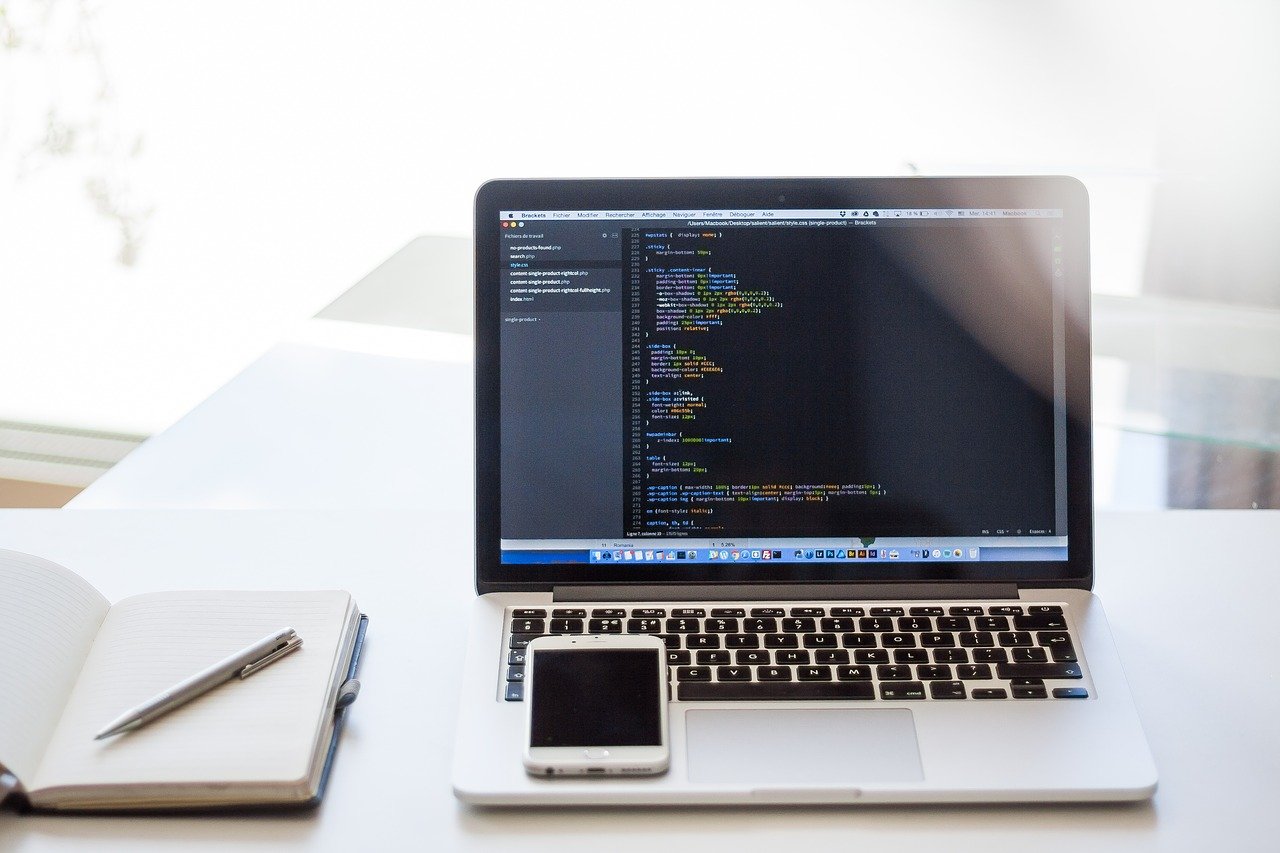 Web designer is a particularly accessible job for the hearing impaired as well, because most of the communication involved tends to be digital. Salary...
Web designer is a particularly accessible job for the hearing impaired as well, because most of the communication involved tends to be digital. Salary...
